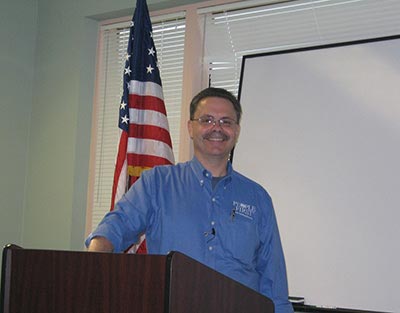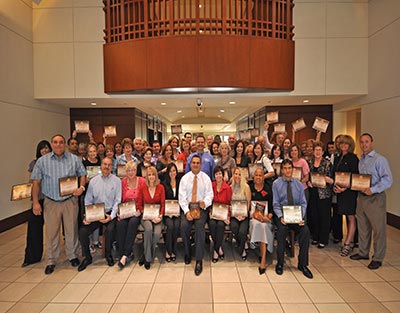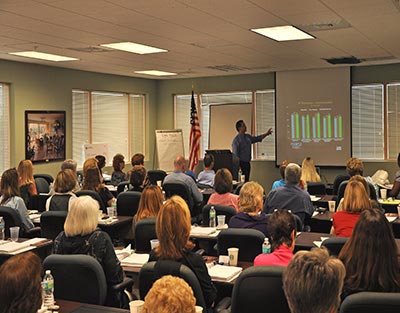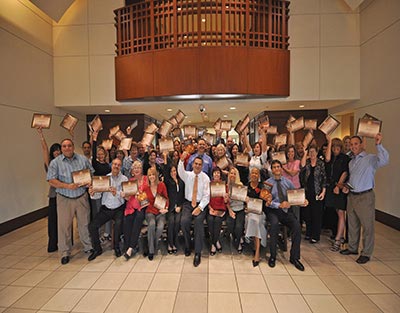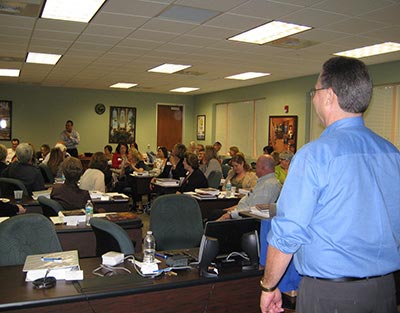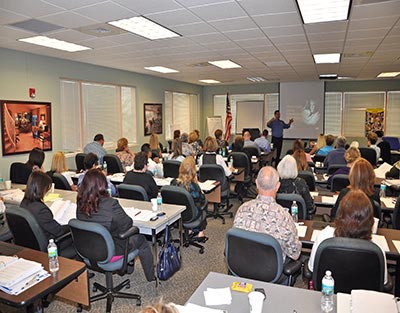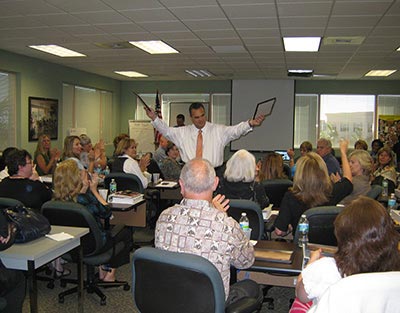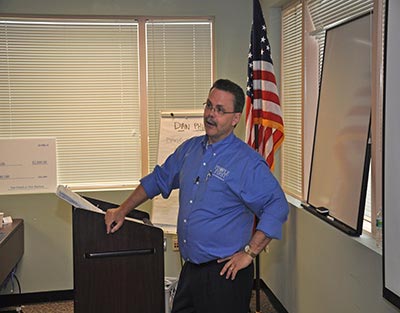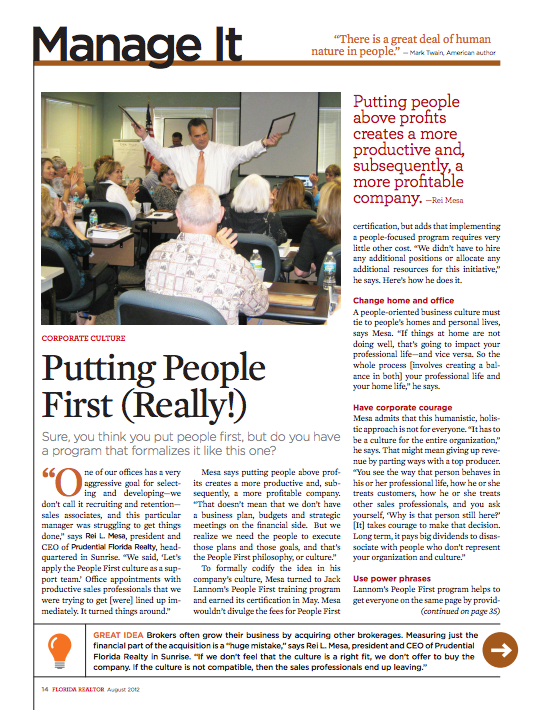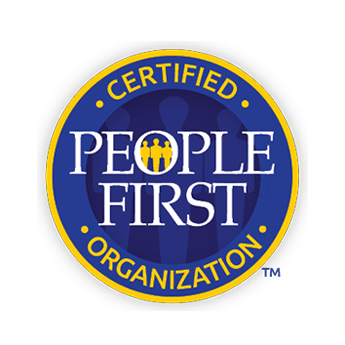
A People First Certified Company
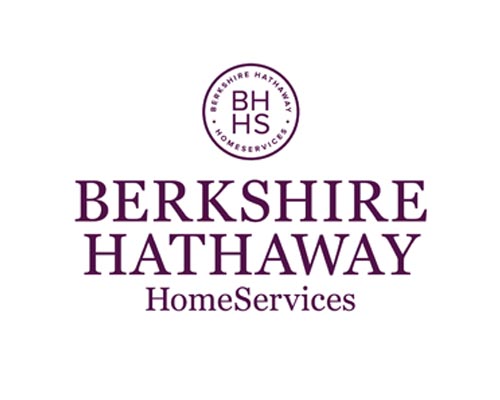
Putting People First (Really!)
Florida Realtor Magazine Article (PDF)
“One of our offices has a very aggressive goal for selecting and developing—we don’t call it “recruiting and retention”—sales associates, and this particular manager was struggling to get things done,” says Rei L. Mesa, President and CEO of Berkshire Hathaway HomeServices, headquartered in Sunrise, Fla. “We said, ‘Let’s apply the People First® Culture as a support team.’ Office appointments with productive sales professionals that we were trying to get [were] lined up immediately. It turned things around.”
Change home and office
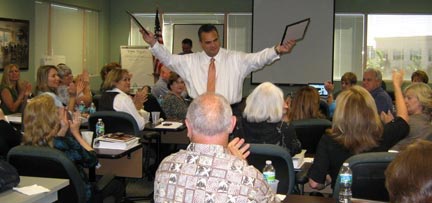
Use power phrases
Everyone in the organization is encouraged to use the power phrases in sincere and timely ways. Balance comes, says Mesa, when the same words and sentiments are used at home. “My daughter, who just finished her freshman year exams, keeps telling me, ‘Dad, I can’t tell you how many times I thought about your words “I believe in you” when I was going through exams.’”
To reorient thinking, Mesa’s organization uses replacement words for older business terms. For example, “Purpose Partners” describes anyone tied to the company mission, from employees to vendors to allied service providers. Job titles get revised too, such as “desk manager” for receptionist and “leadership team leader” for branch manager.
Train everyone
“I got hundreds of emails from our sales professionals about how they have applied some of the things I’ve talked about in their personal lives,” says Mesa. “In our world we have two customers—internal customers (our sales professionals) and external customers (the buyers, sellers, tenants, landlords and everybody we do business with). This culture and philosophy brings everything together.” In the end, says Mesa, “every company has a culture—some, like ours, are by design; others by default. I’d rather do it by design.”
Mesa says putting people above profits creates a more productive and, subsequently, a more profitable company. “That doesn’t mean that we don’t have a business plan, budgets and strategic meetings on the financial side. But we realize we need the people to execute those plans and those goals, and that’s the People First philosophy, or culture. It generates an attitude that binds our customers and prospects with our company.”
Rei L. Mesa, CRS, CRB
President, C.E.O., Berkshire Hathaway HomeServices
